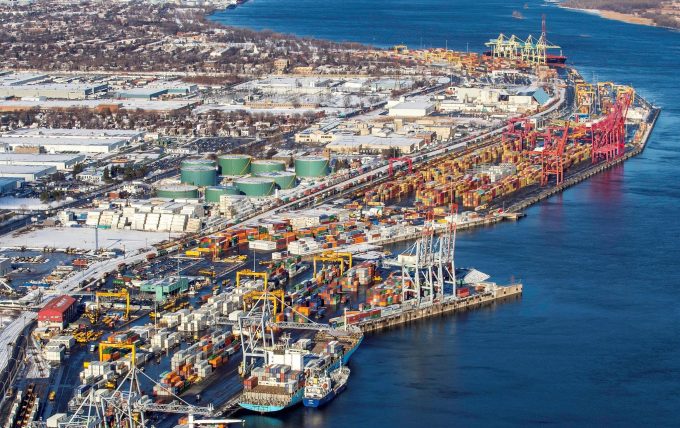Changes to new IMO Cll rules unlikely, despite industry misgivings
Despite widespread unpopularity and criticism, it is unlikely any revision will be made to the ...

Ratings agency Moody’s has changed its outlook for the global shipping industry from ‘positive’ to ‘stable’ after the industry’s income peaked this year.
In its report, Moody’s said market conditions for the industry “remain solid”, but that these conditions are unlikely to be improved on in the coming 12-18 months.
“Earnings for container and dry bulk carriers are at record levels; however, we expect earnings to fall from their 2021 peak, but remain high,” said Daniel Harlid, VP and senior analyst at Moody’s, and the author of the report.
“Still, limited deliveries of new vessels next year will help keep freight rates at elevated levels.”
Demand will remain high throughout next year, but growth is expected to “decelerate” during 2022. Nevertheless, Moody’s expects supply and demand growth to be largely balanced, with the possibility that demand may increase a little more than capacity.
“Capital spending of shipping companies will continue to increase. Therefore, Moody’s expects orders for newer and more energy-efficient ships to continue to be a theme during 2022, as shipping companies prepare for stricter environmental regulations that will gradually be phased in from 2023,” explained Mr Harlid.
According to the Moody’s report, consolidation in the container shipping sector has helped to stabilise the industry, with the top five carriers’ market share of capacity just 38% in 2008, increasing to 65% this year.
Moreover, the rating agency believes, carriers will spend considerable sums of money replacing older tonnage as new environmental regulations come into force on 1 January 2023, including the Energy Efficiency Operational Index (EEXI) and Carbon Intensity Indicator (CII). New regulations will require less-efficient tonnage to improve while the EEXI will ratchet-up its requirements for efficiency progressively.
Comment on this article